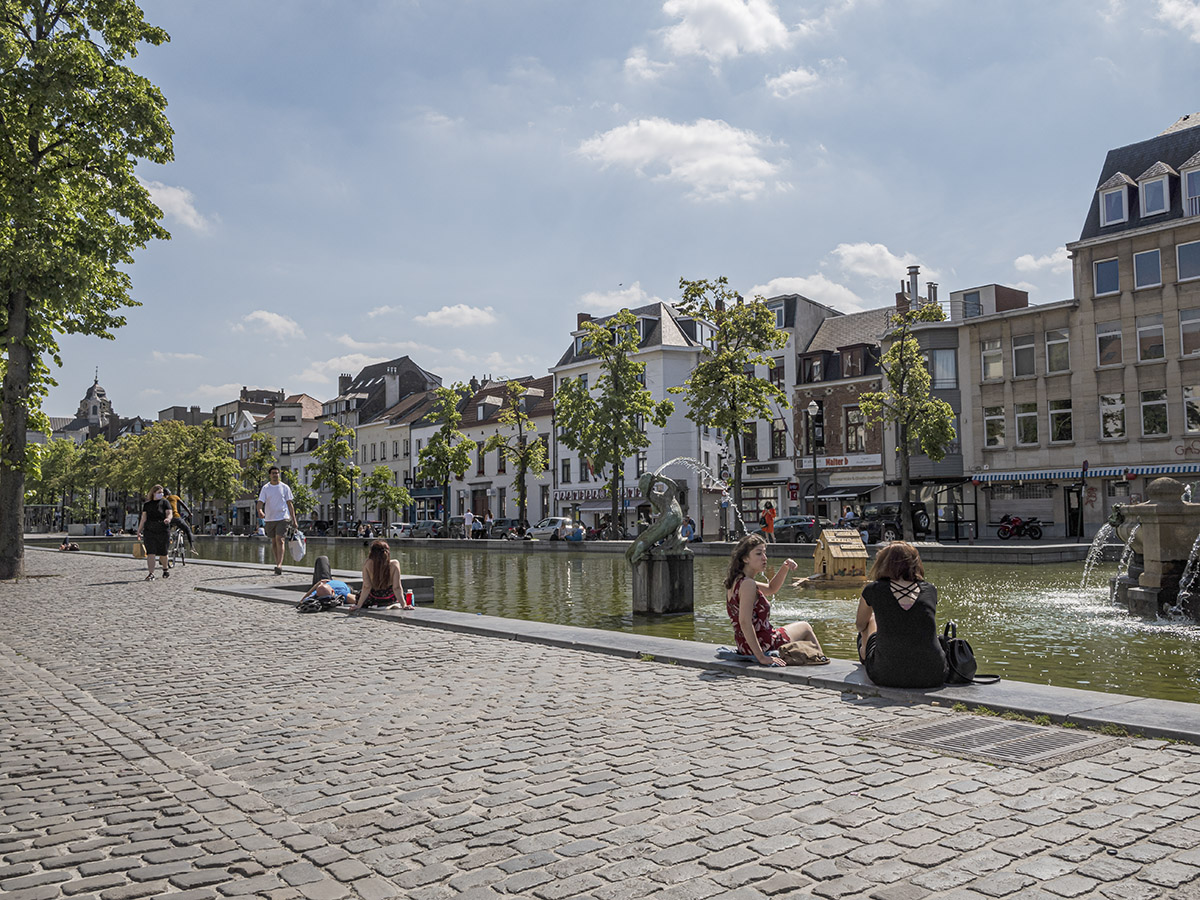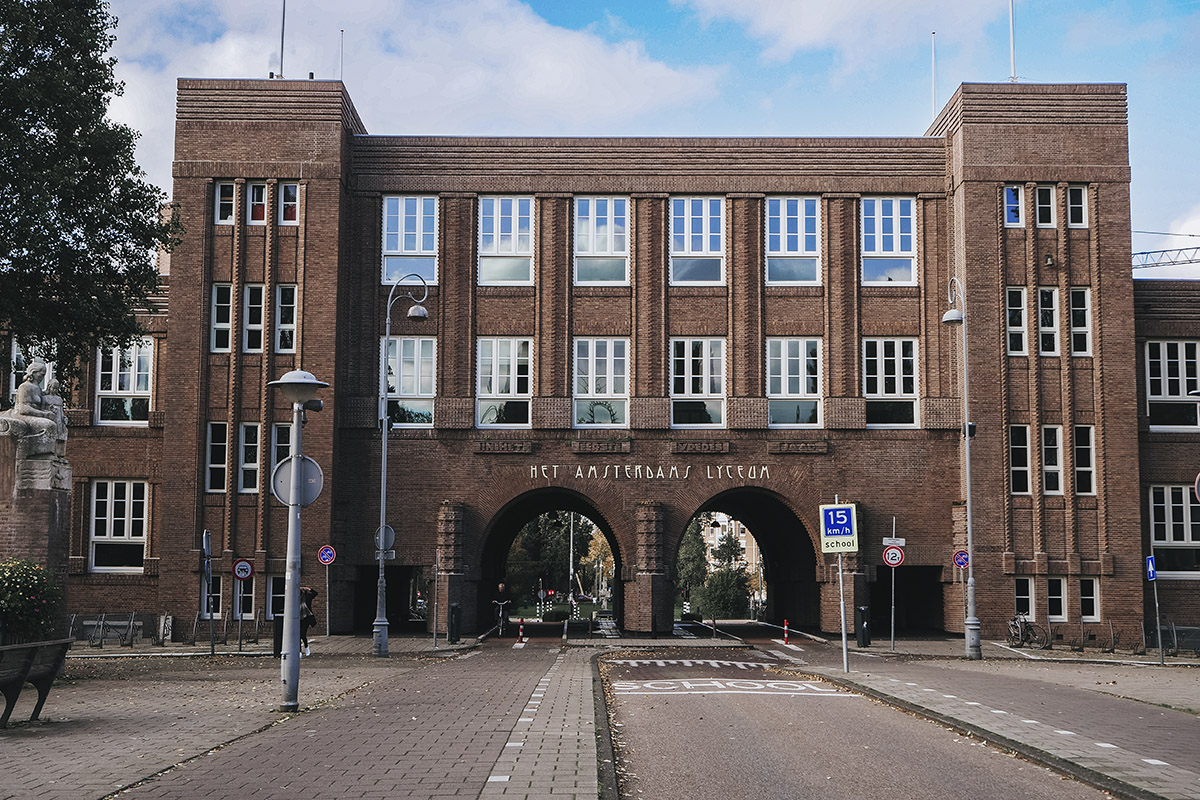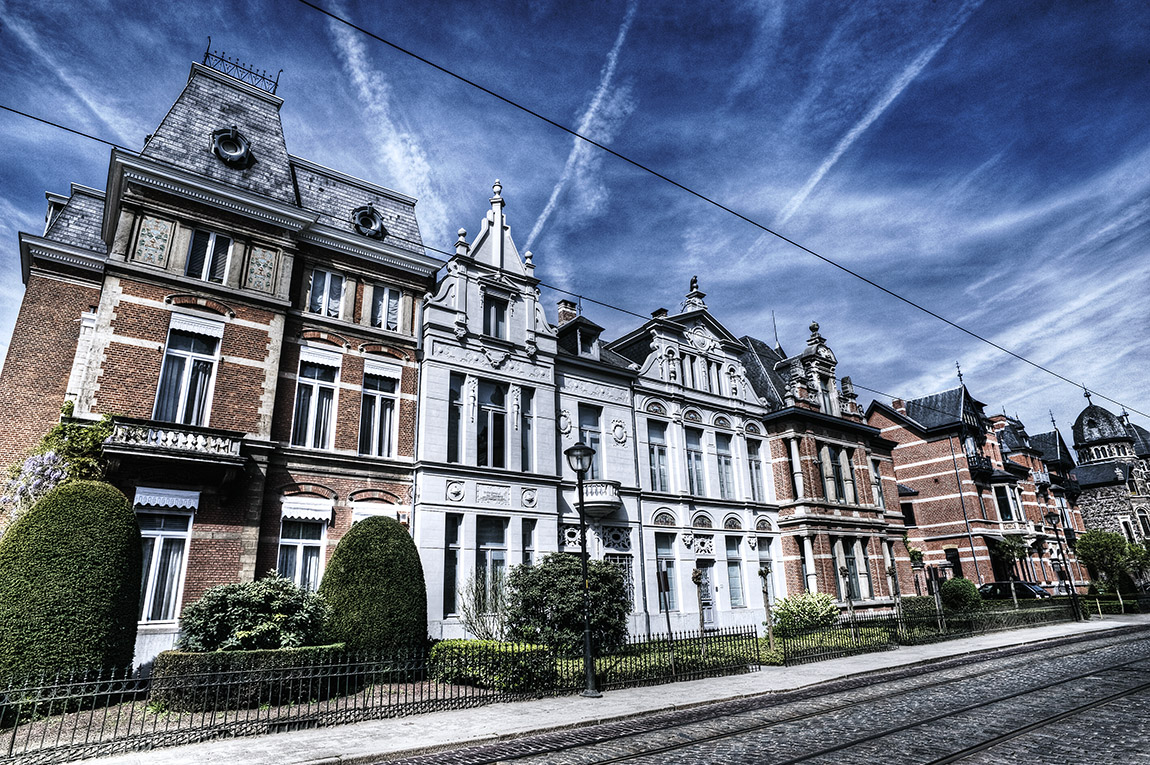The rise of Belgium’s 3D bikes
TEXT: REBECCA ROOT | PHOTOS: OTO
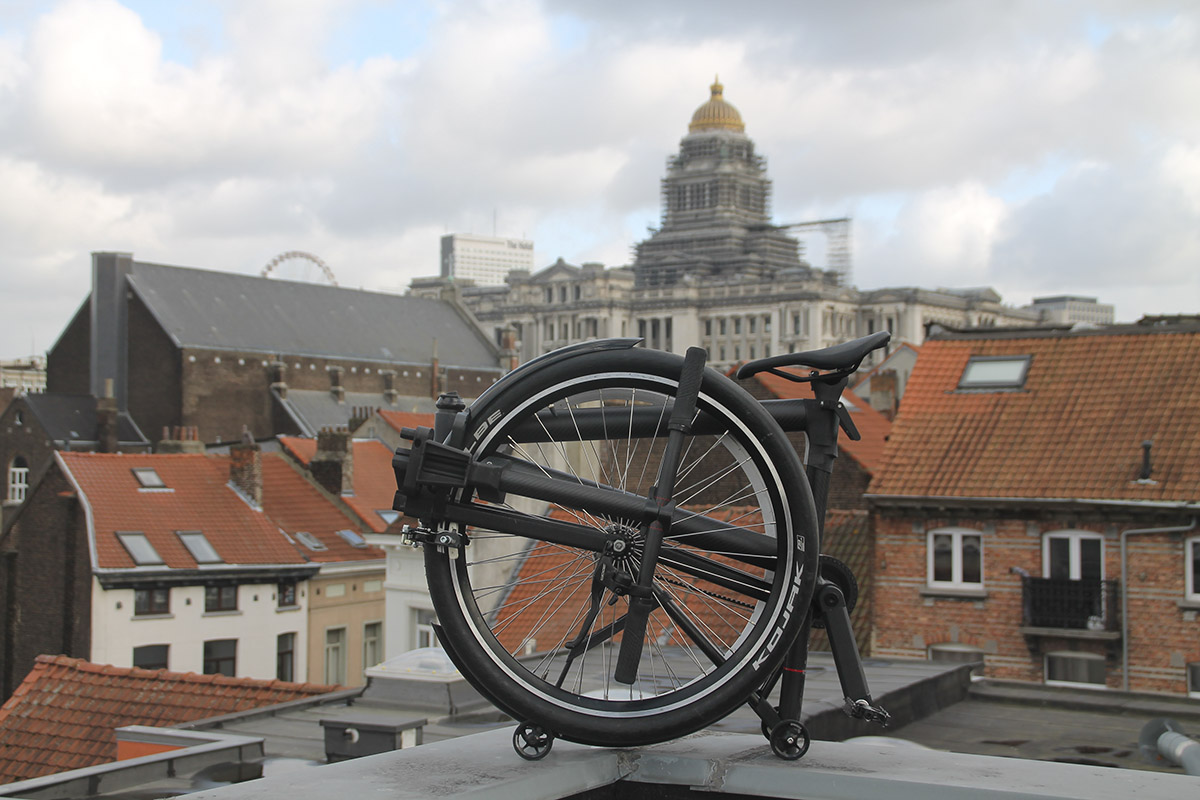
Belgium has seen the third-highest number of sales of e-bikes after Germany and the Netherlands.
Whether it’s pedalling the Peace Cycle route in Ypres, the Castle Triangle in Bruges or La Promenade Verte in Brussels, biking in Belgium has become increasingly popular over the last few decades. Capitalising on this as a source of revenue, the Belgium tourism office has stated its aim to continue promoting and enhancing bicycle tourism.
Often referred to as a ‘religion’ that most Belgians subscribe to, the pandemic only served to increase the enthusiasm for cycling on the open road, with the number of bike trips taken in cities like Brussels climbing from 4.6 million in 2020 to 5.5 million in 2021. Cycling holidays to different parts of the country are popular with locals, while overseas visitors are drawn to the land of beer and waffles not just for the cuisine, but now also for its cycling trails.
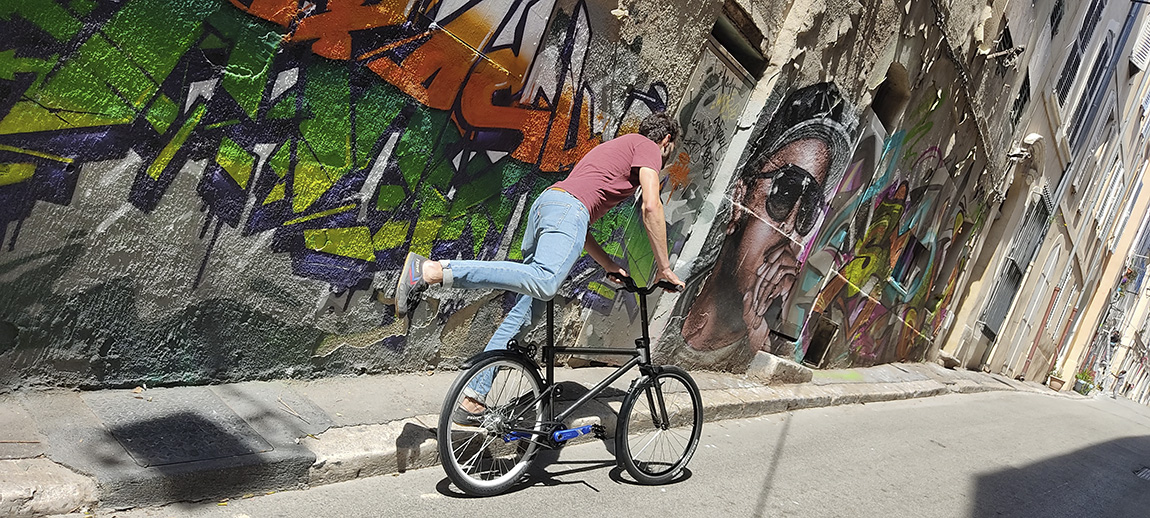
Innovative cycling
While most people use the standard and traditional bike, various new and innovative models are entering the market to cater for the surge in popularity and the new age of both local and overseas bikers in Belgium. An OTO bike is one of them. Currently being developed by Brussels-based doctor Raphaël Panier, OTO bikes are locally made, foldable and are partially 3D printed. The bike is lightweight at eight kilogrammes and thus easier for people to transport and park, while its production focuses on limiting waste and emissions. Panier shared that being able to 3D-print parts of a bike means that OTO produces less than 200 grammes of waste per bike frame.
Panier created his product in the hopes of encouraging more cycling among groups that are typically forgotten in the cycling community – such as women and those from a lower-income background – in an effort to boost “health for all, one bike at a time”. Less cumbersome to carry and less likely to encounter the need for repair, Panier believes the OTO bike could entice more to swap their car journeys for that of a bicycle, making both people and planet healthier.
The Belgian start-up, Shadow, is also exploring 3D models with its 3D electric bike, the Shadow M1. Customised to each buyer’s biometric data, the printed frame consists of CO2-neutral and biodegradable biopolymers, so that the bike is not only a bespoke model, but one that’s more eco-friendly. Made in Nivelles, the Shadow M1 is also battery-powered, allowing owners to travel an average of 70 kilometres.
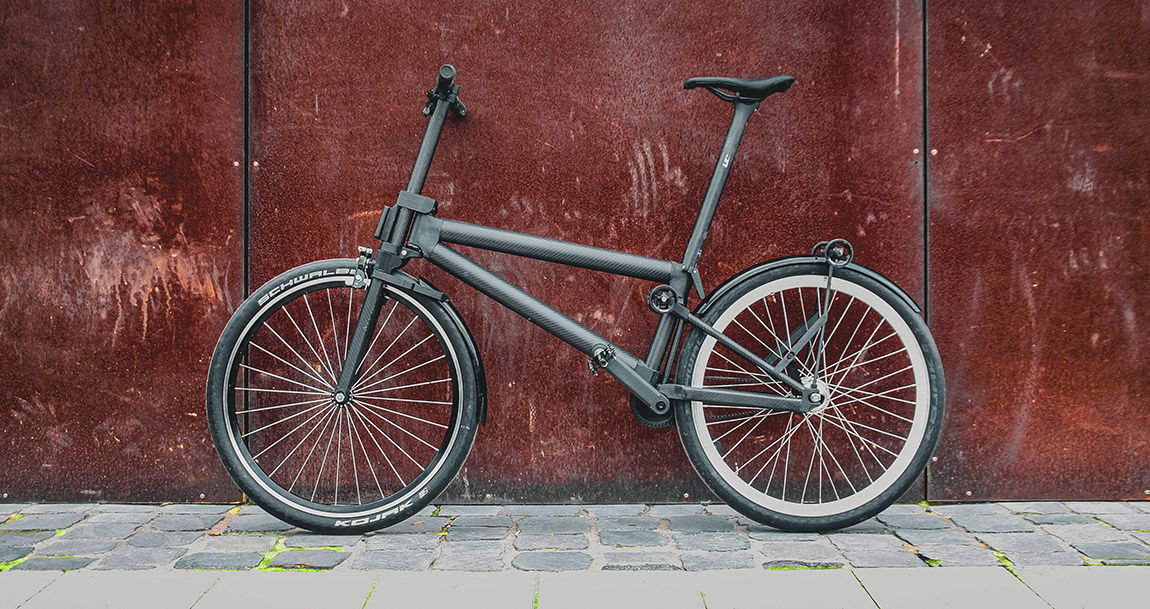
A growing market
Electric bikes had already gained some popularity in the country. In fact, Belgium has seen the third-highest number of sales of e-bikes after Germany and the Netherlands. And companies like Belgian-based Cowboy’s electric bikes have sold over 25,000 models across ten-plus countries.
When it comes to tourists, e-bikes allow individuals to discover more of a destination in an efficient and timely way. Tapping into this, multiple electric-bike tours are available across Belgium. Biketours.com, for example, offers a daily e-bike tour of Brussels, BikingBox rents e-bikes and runs tours of the Flanders region, while Ostebelgien has ten rental stations across East Belgium.
But introducing this new 3D element to the market taps into additional benefits that supersede that of an electric bike alone. Produced via a 3D printer, such a bike can be manufactured locally, eliminating the need for importing overseas parts and thus, carbon emissions. Research shows that tourists are increasingly looking at ways of ensuring their holidays are sustainable and don’t harm the environment. Opting to rent a 3D-printed and possibly electric bike could be an alternative to travelling or exploring via a higher-emitting mode of transport.
Such benefits are likely to be an attraction for tourists, many of whom visit Belgium to see the scenery. ‘Cycling Through Water’, a 200-metre-long cycling experience that segways through a pond in the province of Limburg, has been named as one of Time’s ‘World’s 100 Greatest Places’. And hotels, such as the Flandrien Hotel in the municipality of Brakel, have begun catering with cyclists in mind. A bicycle-themed hotel, it offers high-end bikes, such as Cannondale, Cervelo and Giant for hire, has a cycling workshop and is nestled nearby multiple cobbled bike paths.
Adding 3D models to Belgium’s bike repertoire puts it at the forefront of cycling eco-tourism, which is increasing in popularity as individuals become more aware of the carbon cost of holidaying.
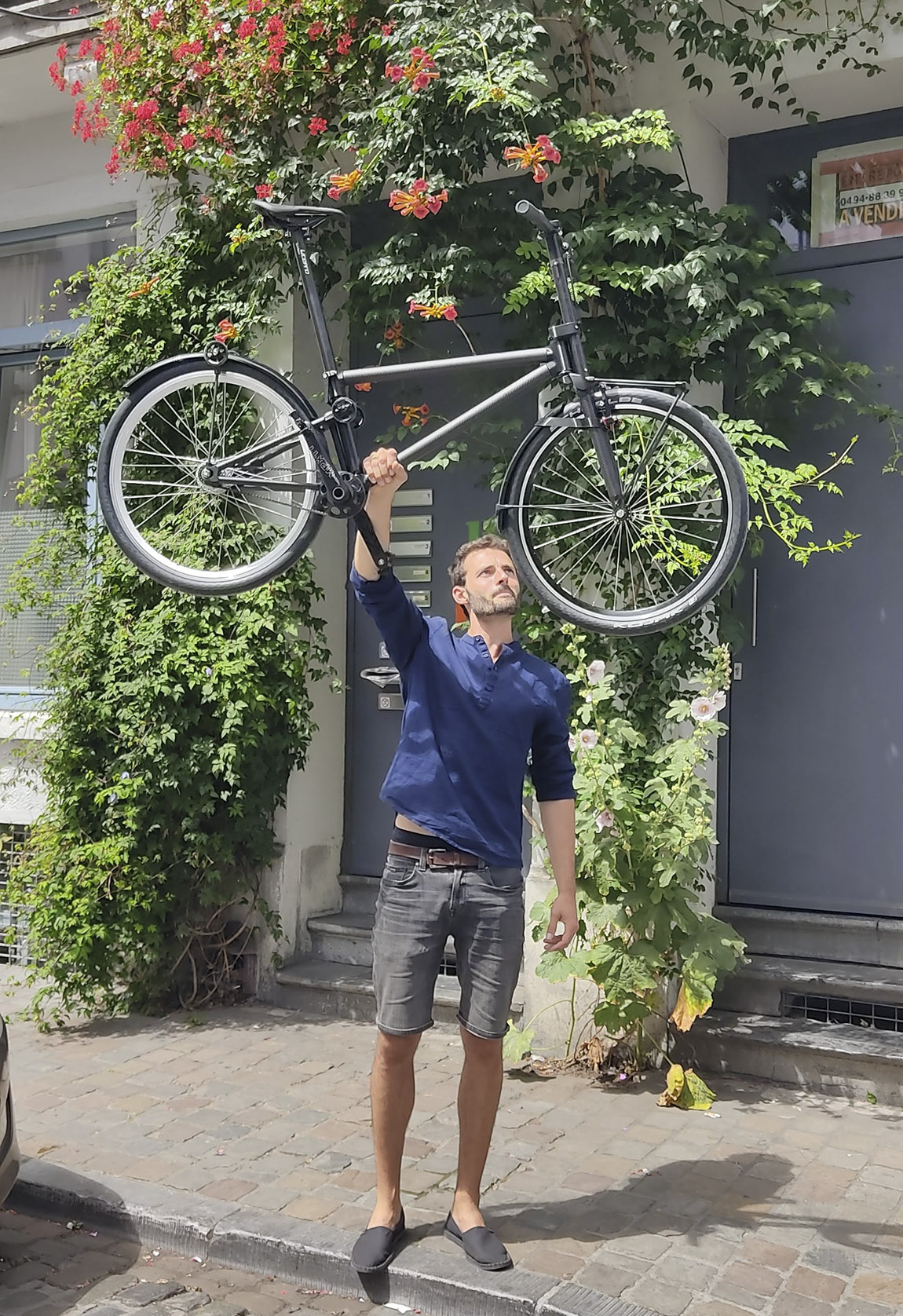
Raphaël Panier holding an OTO bike.
Subscribe to Our Newsletter
Receive our monthly newsletter by email

